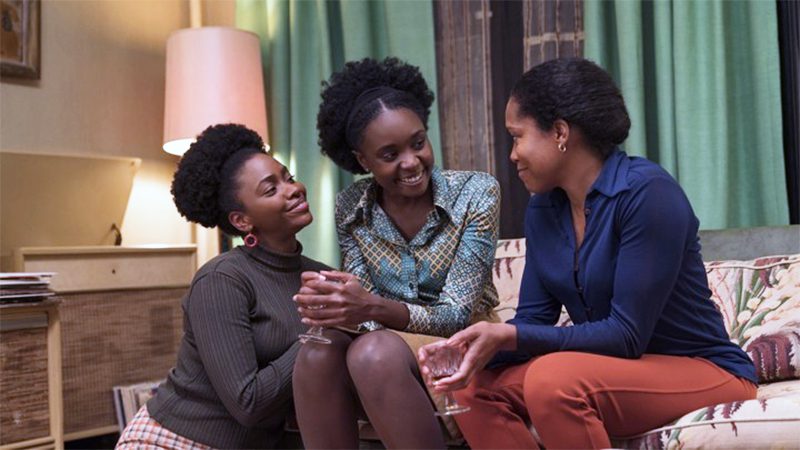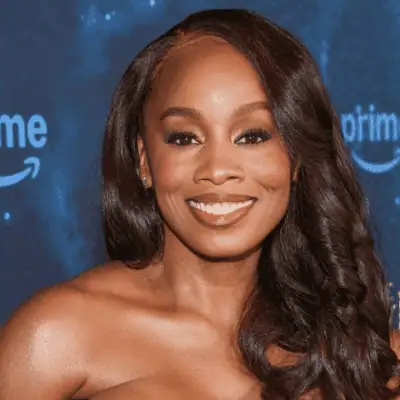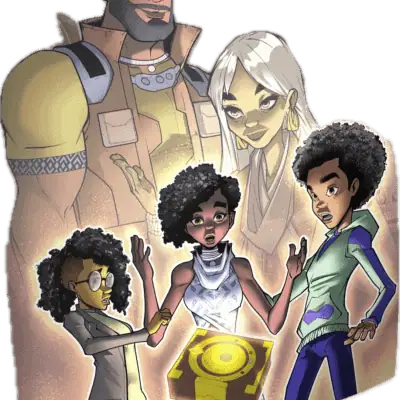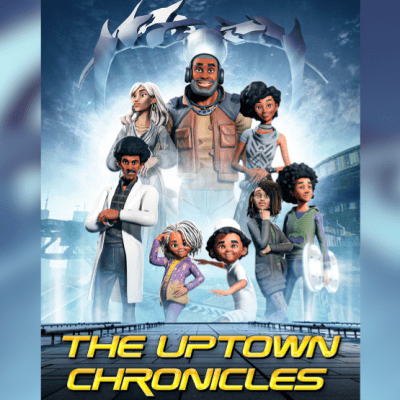
While Regina King’s monumental win of both the Golden Globe and Oscar for If Beale Street Could Talk is a testament of her performance and the film itself, the only way of truly understanding the gravity of her as an actor and the prophetic and timelessness of James Baldwin is to watch it. I finally found the time to sit down and watch the movie, which in my opinion, felt more like a riveting collection of interrelated moving images than a continuous visual narrative, an effect that further exemplifies its magic as an in-depth look at black life. Both the actual plot/storyline and its visual depictions offer beautiful slices of what it means to be black, to be human. Despite being set in 1970s New York City, the film, by focusing on both the intimacy of relationships and the internal struggles brought on by an external white supremacist world, connects with black folks across space and time.
The friendship-turned-romance between protagonists Ernestine (Teyonah Parris) and Alonzo aka Fonny (Stephan James) portrays a tenderness not often seen between black characters on screen, as does the care and compassion between the young lady and her father, Joseph (Coleman Domingo). This softness offers a much-needed complication to the hardness of black masculinity often found in on-screen depictions of fathers and lovers. This sweetness can be witnessed in the scene where Ernestine and Fonny make love for the first time. As pointed out by my friend, upon noticing her discomfort, Fonny slows things down and puts on some music to put her at ease. You feel his gentleness in the way he talks to her, touches her, and protects her.
This same lovingkindness is expressed between father and daughter. When Ernestine exits the bathroom visibly struggling with the stress of her wrongfully imprisoned lover weighing on her very pregnant self, she is greeted by her father, Joseph. He motions for her to sit down at the kitchen table as he has prepared her a cup of tea. He lays her head on his chest and he wraps his arms around her as he attempts to soothe her, to ease her agony. Prior to this intimate moment between parent and child is a scene where the young Ernestine reveals to her father and sister that she is expecting Fonny’s child. She is initially met with concern from her father which to her, translated as disappointment; Ernestine assumes it is due to the fact that she is unwed and that her sexuality is something she should be ashamed of. Her father reassures her that he doesn’t care about any “good girl” stuff and was only questioning her decision to enter into motherhood on account of her being so young. By offering these compassionate moments amidst the tragedy of Fonny’s false arrest and subsequent imprisonment, Baldwin (and the filmmakers) open a space where black life, despite continuous struggle, can also include joy, love, and community.
While the film depicts wonderfully complicated characters and relationships all around, I found myself drawn to the dynamics between mother, Sharon (Regina King) and daughters Tish (KiKi Layne and Ernestine. Upon announcing that she is with child, Ernestine averts the gaze of her father and sister, her eyes to the floor. Her older sister, Tish, commands her, “Unbow your head.” Through this seemingly simple demand Tish embodies the power of womanhood and sisterhood. She affirms that her sister has nothing to be ashamed of and reassures her with her love and support. This love and support surrounds Ernestine in what turns out to be her greatest time of need – the wrongful imprisonment of the love of her life while she is carrying their first child. Her mother manages to support and love on her but not at the expense of empowering her. This balancing of knowing when to grab hold and emotionally carry her daughter, and when to help her prop herself up on her own two feet while they stand together hand-in-hand is a great example of intentional motherhood. Despite the emotional pain and toil of watching her daughter struggle so, Sharon presses on determined to be a stronghold for them both, which takes on an even greater symbolism when she fails to help clear Fonny’s name.
Ultimately, If Beale Street Could Talk is a mother’s, sister’s, lover’s, father’s, friend’s worst nightmare. You labor and stretch yourself emotionally, spiritually, financially, physically to save your loved one only to discover that nothing you do is good enough because the world is hell bent on destroying him. However, the beauty is in the film’s ability to show the love and humanity in the black family in unprecedented ways. It redefines gendered strength and forces us to contend with the realities of being black in American then and now.






